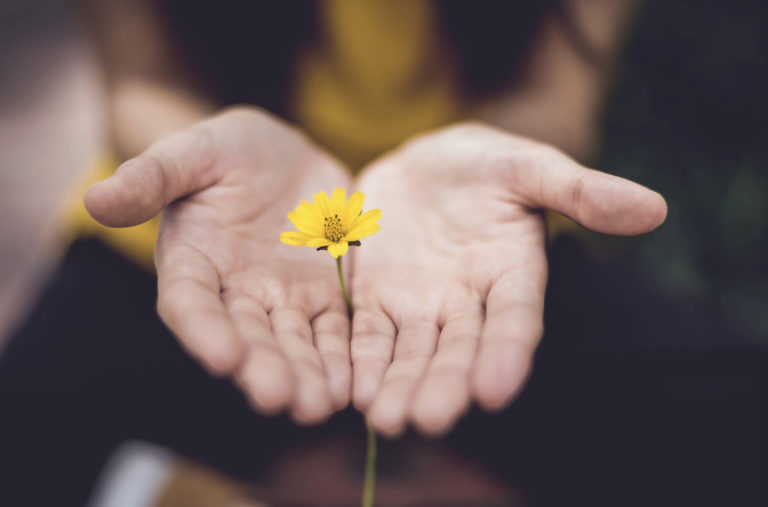Imagine you’re standing in front of an elegant French cottage, rustic wooden shutters hung against a backdrop of gray stone. The house is lovely but engulfed in flames. The smoke is thick and suffocating, and you realize quickly that there is only one way inside through a ground-floor window. All other entrances have collapsed. The flames have weakened the support beams in many parts of the house. You know that there are several subjects inside and in need of rescue, but you will only be able to save one at a time through that one window.
How will you decide who to save first? How will you determine the value of one life over another? Will you make a choice based on who will benefit society the most with their survival? Does their knowledge, experience or ability to reproduce decide their value? Or is it a question of how they will benefit you?
My friend, Lisa, recently challenged me with this story while working an early morning shift together. She had discussed it with a group in her Psychology of Personhood class taught by Dr. Janet Dean.
The nine subjects in need of saving were a five-year-old child, an elderly scientist who had discovered the cure for cancer but hadn’t shared it with the world yet, a Labrador Retriever, a serial killer, an adult in their twenties, an ant, E.T., a person in a coma, and a person in a permanent vegetative state.
I ended up mostly agreeing with Lisa’s group and their ranking of the subjects, though it was highly uncomfortable to reason my way through the situation. Her group had taken a utilitarian approach, prioritizing what would benefit society the most.
The scientist was first since they possessed knowledge that could transform thousands of lives. In second was the five-year-old child, since they would have the most potential for a long, productive life after being rescued. The young adult came in third since they could offer much to society in the context of a workplace. The serial killer was seated fourth because they still had a right to life despite their actions. The patient in a permanent vegetative state came in fifth because they would be aware of the fire and feel the unbearable pain of themselves burning. The person in a coma followed after, as they were unconscious and would experience no pain.
The last three subjects caused some debate since one could argue that ranking them would be based on personal values or preferences. Trying to decide between an ant, a dog, and an alien didn’t seem too difficult to me since I love dogs. Yet, for others, this could raise some critical questions, such as those of personhood, consciousness, and a right to life despite not being human.
I would rank the dog first, then the alien, and lastly the ant (mostly because, as Lisa pointed out, it would be extremely hard to find an ant in a burning house). I also feel like dogs experience pain, pleasure, and other emotions similar to humans, and I’m not sure if aliens and ants do.
I think this exercise in figuring out order and worth is more than just an entertaining mind-bender, though. I believe we grade our priorities and sort them into categories like this sometimes in real life. It’s easy to organize our work and even our relationships by the worth we assign to them. Often, we decide something’s or someone’s value by how it will benefit us. How doing this service project could elevate our social standing, or how talking with this person might add a helpful connection for the future.
What opened my eyes further was how many of my interactions were less than genuine. Many of them were, in fact, transactional (a keyword recently) and surface level.
Yet this is not how we were meant to find value.
Defining something or someone’s worth has never been up to us. It’s up to the Lord. Our standards and values are supposed to be based on Jesus, a person who inconvenienced himself to heal the sick and injured, who humbled himself to wash the feet of his disciples, and who gave up his very life to save those who hated him.
Shouldn’t we be doing the same if we call ourselves his beloved children? Shouldn’t we strive to serve our friends and enemies in all the things we say and do?
One person I have been learning this from recently is my significant other. His interactions with his friends are always selfless, never complaining when he is inconvenienced. I hope to be less selfish with my time like him one day, but it’s a work in progress.
The people around us are valuable because God has placed them there for a reason. Every person on this campus is a son or a daughter of Christ. They deserve our respect and compassion, even if we don’t like them all the time. We need to cherish people because of their identity in Christ before anything else. I hope this week that those who read this article will be challenged to search their hearts and strive to value others just as Christ values them.



